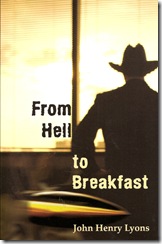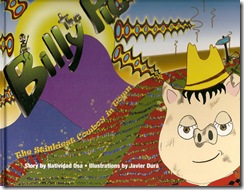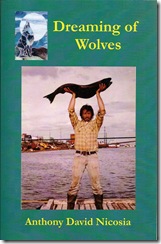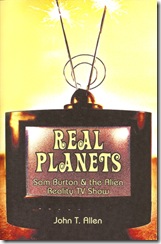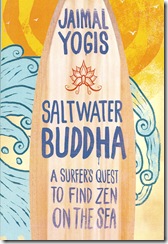
As a high schooler, Jaimal Yogis traded suburban Sacramento life for the call of surfing. He upped and ran away to Hawaii. Here today, gone to Maui.
Perhaps his "New Age-y" parents understood Jaimal's intense boredom and his growing spiritual need. His Air Force dad had been a gourmet chef, a "hippie trapped in a colonel's body," and "he and my mom lived in an ashram in the '70s." Jaimal and his sister Ciel practiced meditation and "I was even named after an Indian saint: Baba Jaimal Singh. And it couldn't have been just coincidence (I thought) that my Lithuanian grandparents' name was shortened to Yogis. I figured I was destined, like Siddhartha, for spiritual greatness." Prince Siddhartha became the Buddha. Jaimal became a writer for San Francisco Magazine. From a Zen perspective, pretty much the same thing.
Yogis' lighthearted yet serious-minded memoir is called "Saltwater Buddha: A Surfer's Quest To Find Zen On the Sea" ($15.95 in paperback from Wisdom Publications). In self-deprecating fashion the author (who lived for a time in Yuba City with his father and his stepmom) comes to understand that the quest for the perfect, blissful surfing experience serves only to stoke the illusion of an independent self. "Just as a wave cannot exist apart from water, what we mistake as 'our' minds are dependent on the one true mind, the Buddha mind."
Yogis quotes surfing hero Barton Lynch observing that surfers are "more cocky and judgmental than any group of people in the world." The Santa Cruz surf Nazis are maybe the worst, yet Yogis comes to realize that even surf Nazis "have Buddha-nature." Himself included.
Life is like catching a breaker. "The take-off is arguably the most scary and difficult part of riding a wave. Too far forward or back can be the difference between a smooth glide down the face or being pitched--what surfers call 'going over the falls.' . . . the surfer, like the Zen student, must constantly find the middle way."
Yogis' water color portrait of a young man who accepts "who I am," that he is not "the things I do" (though they, too, are), uses language that is by turns funny, reflective and salty. That was Zen. This is now.
